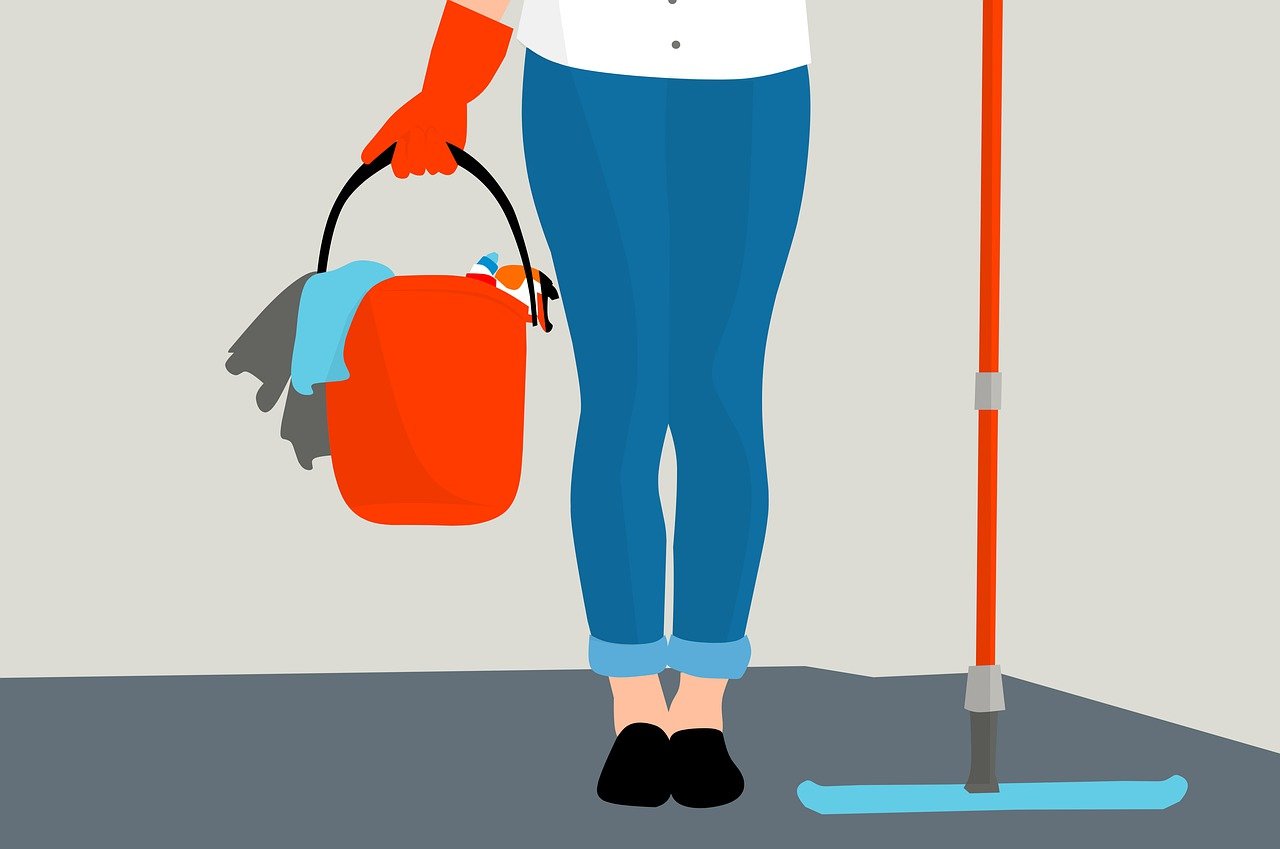What is considered a plumbing emergency?

Plumbing emergencies can strike unexpectedly, causing inconvenience, damage, and potential health hazards. Knowing what constitutes a plumbing emergency is essential for homeowners and property managers. Responding to a plumbing emergency can prevent extensive damage, reduce repair costs, and safeguard your home or business. We will explore various scenarios and situations considered plumbing emergencies, helping you recognize when immediate action is necessary. Carlson Plumbing Company offers 24/7 emergency plumbing services if you are facing an emergency.
Situations considered plumbing emergencies
- Burst Pipes:
A burst pipe is a severe plumbing emergency that demands immediate attention. It occurs when a pipe ruptures under immense pressure or is compromised by freezing temperatures, releasing a substantial volume of water into your home or property. Burst pipes can flood interiors, causing structural damage, mold growth, and costly repairs if not addressed promptly.
- Sewage Backups:
Sewage backups are among the most unpleasant and hazardous plumbing emergencies. They occur when the sewage system becomes blocked or overloaded, causing wastewater to flow back into your sinks, toilets, or showers. Sewage backups pose a severe health risk due to the potential presence of pathogens and contaminants, making immediate action crucial.
- Clogged Main Sewer Line:
A clogged main sewer line can lead to widespread drainage issues throughout your property. When multiple fixtures such as sinks, bathtubs, and toilets become slow to drain or back up simultaneously, it may indicate a blockage in the main sewer line. This plumbing emergency can disrupt daily life and necessitate urgent professional assistance.
- Gas Leaks:
A gas leak is a life-threatening plumbing emergency that requires immediate evacuation and professional intervention. Natural gas is odorless, but gas companies add a distinctive odor to help detect leaks. If you smell or suspect a gas leak, evacuate the premises, avoid open flames or electrical switches, and contact your gas company and emergency services.
- No Water Supply:
A sudden loss of water supply throughout your home or property can be a plumbing emergency, especially if it is not due to scheduled maintenance or known issues in your area. It may indicate a broken water main, a malfunctioning pump, or a severe blockage. Without access to clean water, daily activities become challenging, and immediate troubleshooting is essential.
- Faucet or Appliance Leaks:
While not as severe as burst pipes, leaks from faucets, appliances (such as dishwashers or washing machines), or water heaters can still cause substantial damage if left unattended. Slow leaks can lead to water damage, mold growth, and higher water bills. Promptly addressing these leaks is crucial to prevent further complications.
- Frozen Pipes:
In regions with cold climates, frozen pipes are a common plumbing emergency. When water inside pipes freezes, it expands, leading to pipe bursts. If you notice frozen pipes, it’s essential to thaw them safely or seek professional assistance to prevent damage.
- Leaking Water Heaters:
A leaking water heater is another plumbing emergency that can usher to substantial property damage. The leaking water can damage flooring, walls, and other structures. If you notice water around your water heater, it’s paramount to address the issue promptly to prevent further leaks or complete failure.
- No Hot Water:
A sudden lack of hot water can be considered a plumbing emergency, especially during cold weather. It can indicate a malfunction in your water heater or boiler, disrupting daily routines and comfort. A lack of hot water may also affect hygiene and sanitation.
- Blocked Drains:
While a single blocked drain may not always constitute an emergency, widespread or recurring blocked drains can indicate more significant plumbing issues. If not addressed promptly, they can lead to backups, sewage overflows, and structural damage.
- Leaking Roof:
A leaking roof can periodically be linked to plumbing issues, such as damaged or improperly sealed vent pipes. Roof leaks can yield extensive water damage to ceilings, walls, and insulation, necessitating immediate repairs.
- Water Contamination:
If you notice changes in tap water’s color, taste, or smell, it could indicate water contamination. Water quality issues, such as harmful chemicals or bacteria, should be addressed promptly to stem health risks.
Recognizing what constitutes a plumbing emergency is vital for the well-being of your home, property, and occupants. Burst pipes, sewage backups, clogged main sewer lines, gas leaks, no water supply, and faucet or appliance leaks are among the most pressing plumbing emergencies that require immediate action. Additionally, issues like frozen pipes, leaking water heaters, no hot water, blocked drains, leaking roofs, and water contamination should be addressed, as they can lead to damage, discomfort, and health risks if addressed.
In any plumbing emergency, safety should be the top priority. Evacuate the premises in the case of gas leaks, and always take precautions to sidestep electrical hazards and contamination in water-related emergencies. Once safety is ensured, contact a reputable plumbing professional to promptly assess and resolve the issue. Prompt action in plumbing emergencies can mitigate damage, reduce repair costs, and restore the comfort and safety of your home or property.






